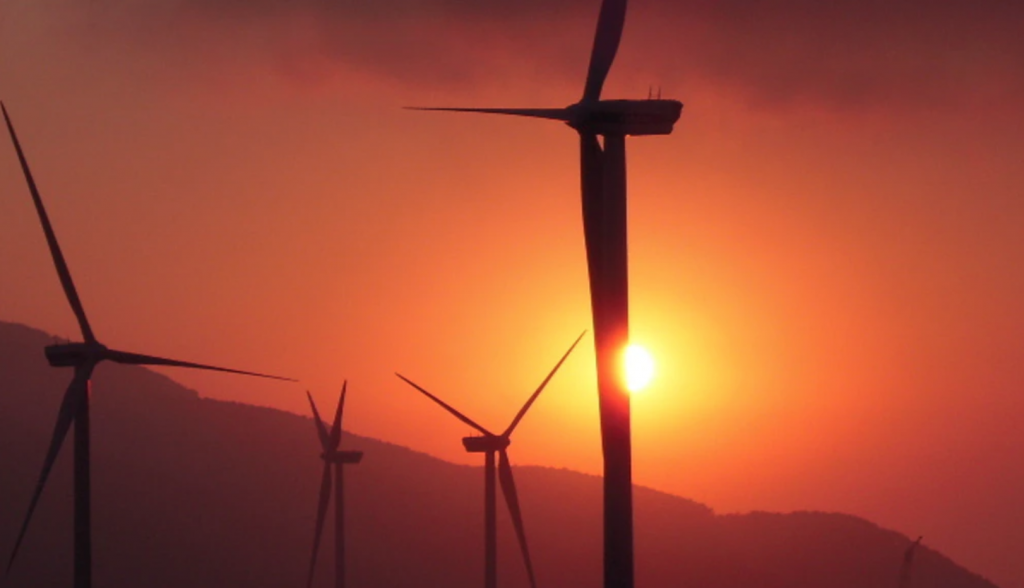Noodle Live was founded on the idea that #EventProfs should be able to gather great data at their events to demonstrate their success, prove their impact and compete with other marketing channels for a fair cut of the marketing budget.
But as a team, we’ve also always had other interests too. Like who can find the weirdest office snacks to bring back from their holiday, who can send the best Giphy in response to the latest ‘Team’ email, and who can make the most realistic Darth Vader out of the office blu-tak (try it – it’s really not as easy as you might think). And we’ve also always been interested in sustainability, but we haven’t necessarily translated that interest into the way that we work.
Which is why we’re now really excited to launch the Noodle Live 2020 Sustainability Manifesto. Over the last year, we’ve been investigating our impact more deeply and really looking at areas where we can tread more lightly.
Here are some of the ways we’re moderating our impact. This is our Noodle Live Sustainability Manifesto:
Offsetting
We’re Pledging to Offset Our Shipping & Travel
At Noodle Live, we offer print on demand badging and RFID name badges for events, many of which are at international events.
That means a lot of air travel, both for our team, and for our kit too.
We’ve been looking at ways to reduce the impact of that travel, and we’ve found that the best method is to begin paying a regular offsetting cost. This offsetting cost will be included in our pricing. We’ll be paying a regular monthly payment, and also factoring in extra payments for any jobs that require long-distance travel or shipping of heavy equipment. This cost will be clearly flagged on all client invoices going forward.
The RFID name badges and lanyards that we use at Noodle Live are made in China and shipped to us, so we’ve also made sure that the supply company we use are offsetting the impact of that transportation too.
We’re Also Pledging to Offset Our Laptop & Electronics Use
We’ve also been considering the energy use and impact of our electrical office equipment and registration kit.
Our laptops average around 72kw of energy for every charge cycle, whilst our tablets average around 0.005kw of energy per charge cycle. We estimate that the average event uses around 3 charge cycles for each laptop and tablet in use. Using these figures we can estimate our energy expenditure at each event we run and offset the energy used.
We’re Pledging to Fund Offsetting Projects That Contribute to Climate Solutions
When looking around for offsetting companies, we wanted to find one that was actively funding projects that contribute to creating a sustainable future. We decided to work with Ecologi. Not only do they plant trees to offset carbon emissions, but they’re also funding climate projects that aim to provide alternative solutions to fossil fuels too, meaning you can not only offset your emissions – you can actually have a positive impact on the climate. The offsetting costs we pay are intended to fund projects that will remove more greenhouse gases than our carbon footprint puts in.
Ecologi are funding a huge range of projects. From supplying bio-digesters to Vietnamese farmers so that they can capture methane gas from their animal waste products and use it as an energy source, to replanting and reforesting the Kijabe Forest in Kenya and installing wind turbines in high productivity areas around the world.
Reducing the Impact of Our Data Storage
We’re Pledging to Use Sustainable Data Hosting
As part of our research into reducing our overall environmental impact, we identified that we needed to factor in the energy used to store all of the awesome data collected using the Noodle Live platfolrm.
We’ve been looking at the efficiency of our data storage solutions to ensure they’re as energy-efficient as possible. We’ve opted for cloud storage provider AWS, who run large-scale facilities that are able to provide world-class storage centres with specialist equipment, cooling systems and facility design to increase efficiency and decrease waste. In fact, AWS claim that storing data with them results in an average 84% reduction in the amount of power used.
AWS have also committed to moving towards 100% renewable energy supply and currently use an energy supply that is around 28% less carbon intense than the global average. We’ve managed to send 99.8% of our data to AWS facilities where we know they’re using only renewable energy. The remaining 0.2% is currently stored in regions or on services where sustainable energy is not yet available.
We Pledge To Use Data Storage That Gets Maximum Use from Its Hardware
As well as looking at the operating energy used to power each data centre, we also took a look at the impact of the hardware that is being used. Hardware is made using a variety of materials, and some of them have a very high environmental impact. AWS opt to purchase high-end hardware, and to downgrade rather than discarding it once newer items have been purchased. That way, the hardware has a much longer use life than at other data storage facilities.
Looking at Waste
We Pledge To Aim for Reusability and Recycle Where That’s Not Possible
We embed our RFID chips into name badges, so that delegates can tap their badge to instantly perform a function, such as registering, checking in for a session or swapping contact details with an exhibitor.
Understanding how to reduce the impact of these event name badges and the lanyards that hold them is key to our sustainability pledge. We’re starting by increasing reusability and then looking at recycling for those items that have reached their end of life.
If #EventProfs are running several events per year, we’ll always suggest using company-specific branding on the lanyards instead of event-specific branding. This ensures that the lanyards can easily be re-programmed and used again and again.
We Pledge to Reduce the Impact of the Materials Used to Make Our Badges and Lanyards
We’re working with our suppliers to look at ways to make production more sustainable. We’ll be honest – it’s not easy, but we have found some great options for including recycled and recyclable materials in the design.
Our suppliers have recently started offering recycled lanyards which can be made from old plastic bottles. If clients are happy to opt for this product and choose generic branding, then these products can be used again and again, making them a great use of waste plastic.
For the badges, we’ve started offering eco Pulper badges for both standard name badges and our RFID smart badges. Pulper is made from wood pulp which has been sourced from sustainable forests. It is chlorine-free and has been tested, so once the chip is removed, it’s recyclable.
Our PVC name badges are now made from recycled plastic and are printed on carbon neutral presses to minimise the impact of producing these badges and keeping our production chains as circular as possible.
We’re proud to be able to offer all of these alternatives to our clients, and, if you can keep a little secret, we’ve just added bamboo RFID wristbands and credit card size badges to our offering too.
We Pledge to Promote Post-Event Recycling of PVC Badges & Lanyards
As part of our service to clients, we now offer a free recycling service. We’ve found a recycling partner who will offer a recycling service for event name badges. They scrub the name off of the badges and recycle them to make plastic badge holders and badges. Clients who are interested in taking part in this recycling scheme can ask us for further details.
We Pledge to Reduce Paper Waste
When thinking about our environmental impact, we factored in event tech’s role in reducing paper waste at events. Via our RFID name badges and wristbands, we can drastically reduce the amount of paper that is created at live events. Our event tech allows delegates to access event programmes, session timetables, floor plans and even educational hand-outs and notes, all in a digital format.
If you’re running an exhibition or conference, our event tech allows exhibitors to send multiple PDFs via email, rather than printing off hundreds of copies. Delegates can also tap their name badge or wristband to register interest in a particular exhibitor or company, rather than exchanging business cards.
So there it is. The Noodle Live Sustainability Manifesto. We’re far from perfect, but we’re learning all the time, and we’re really excited to be able to reduce our impact and to offer our clients a more sustainable approach to event badging. If you want to talk to us about sustainable event registration systems or RFID name badges, feel free to give us a call. We love a good chinwag and there’s nothing we like talking about more than event tech. And hobnobs. And Darth Vader. But mainly event tech. We really like event tech.

